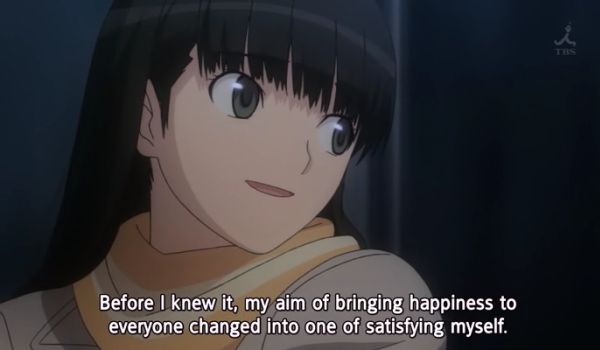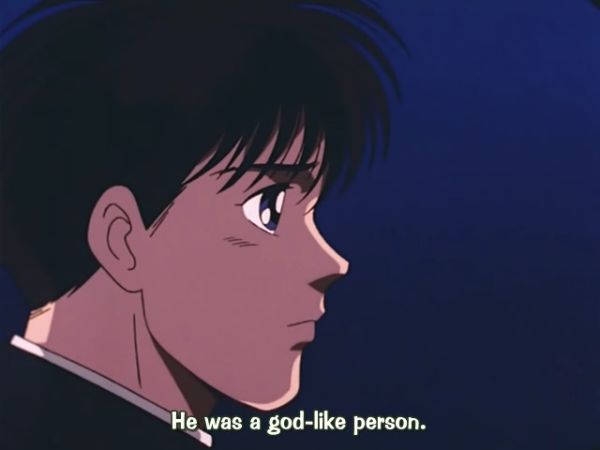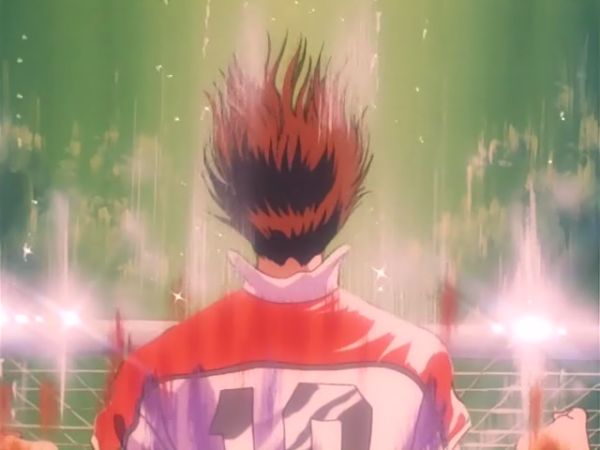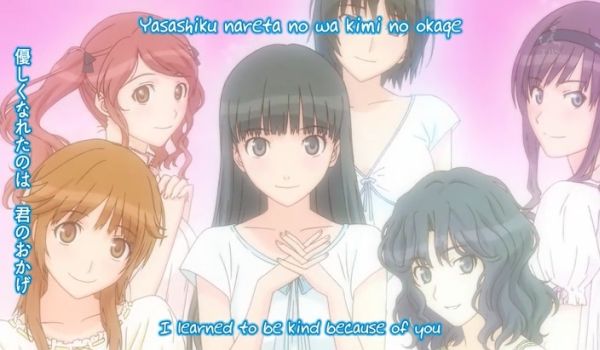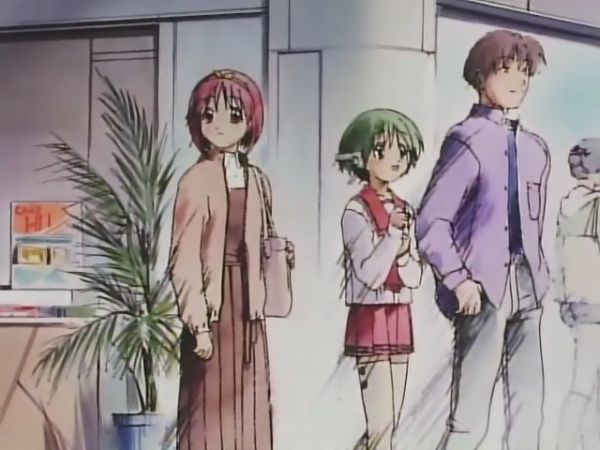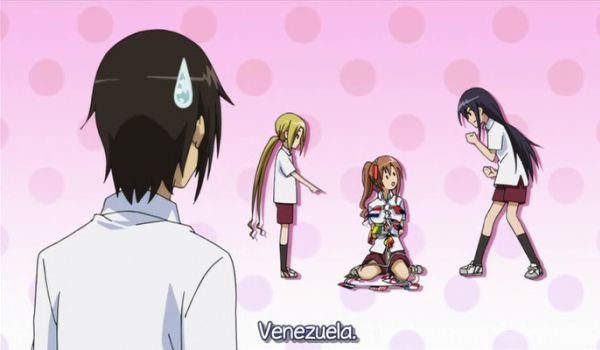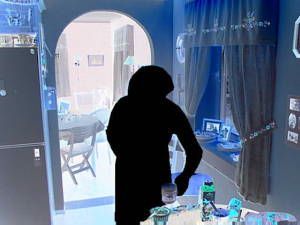
Here is one of my best friend… (sometime in the 1990es)
“Kim Larsen is forever” writes the person who has uploaded this YouTube video. That is highly doubtful, but there is a certain amount of time warping inherent in this song. Or perhaps just me.
I was certainly not surprised to hear it again on the bus radio this week. Â Not just because it is enshrined as an evergreen here in the Nordic countries, but because the “vocals in my head” have performed it quite a bit recently.
Yes, there is singing inside me most of the time. Have a problem with that? It has been that way for years. Â It can be a bit distracting when trying to concentrate on intellectual topics, but usually it is possible to quiet them for a while, although they come back. Â Not just the earworm phenomenon (which, incidentally, is not documented in any writing before the age of Edison’s phonograph at the very least, possibly the gramophone.) The vocals in my head are most of the time not related to what I have heard recently, and occasionally related to what I will hear in the near future, as in the example above. Sometimes they are singing songs I have never heard before and will most likely never hear again, unless I record myself playing or singing them, which I stopped doing years ago.
So, the vocals in my head were singing this song, and a bit later I heard it on the radio. Â And it made me remember, way back to the early 1980es, around the time when this video clip was originally recorded.
I bought a music cassette (this was before the age of the CD, though it was probably invented). If I remember correctly – I don’t think I wrote about it in my journal – this particular song was the only reason I bought the cassette. I enjoyed it greatly, although I did not agree with it in the least.  There are some songs where the music is good and the lyrics are awful (“Hey Soul Sister” by Train comes to mind) but they lend themselves particularly well to vocals. These should be performed in Simlish, in my opinion.  For you Americans, I suppose Danish does the same thing.  But this song is not actually one of them. The lyrics have power, deep poetry, although they are not true for me.  I knew that even then.
I threw away the cassette after I had a visit by some severely underage friends. Yes, they were kids, and deeply religious kids, and were shocked to find this cassette at my place. If they had been as innocent as they thought, they would not have recognized it. And if they had been as innocent as I, they would not have minded. Â But they were innocent in the way kids are, which is different from the innocence you acquire after you have lost your illusions of innocence. And so, for their sake, I threw away one of my favorite songs, although my heart was not in it.
The next time I remember this song is when I got my last kiss, in the mid 1980es. A coworker asked me (insistently) Â to join a number of other coworkers for a party at her place. I was set to decline, but a fellow economic conservative whom I liked a good deal was also going, and I did not want to leave her alone among liberals. So I went, albeit with a certain fear in my heart. It was while we danced to this song, the homeowner and I among others, not the conservative – it was while we danced to this song that I got my last kiss, and quite a surprise it was too.
‘So that is why the song made such an impression of me’, I thought back then. ‘Because of what would happen tonight.’ Nothing more happened that night, actually, except that I was attacked at the bus station on my way home and moderately beat up by a random drunk neurotypical.
***
“Papirsklip” does not mean paper clip, as most Scandinavians would probably translate it. It does not even mean paper cut, as in the ones you get in your fingers when you cut them on sharp paper edges. I have had a lot of those. Rather it means cutting out pieces of paper with scissors, in this case silhouettes.
“When now my world seems cold and desolate
I find comfort in my dearest treasure*
cutting motifs with dreams and scissors
paper silhouettes of the finest sort.”
(*: Min kæreste skat – the vocals in my head habitually pronounce it “min kærestes kat”, meaning I find comfort in my fiancee’s cat. You’d think they don’t take this entirely seriously… Of course, my dearest treasure is very unlike his.)
“Here is one of my father and my mother,
they who gave me to this earth:
Loving kisses and a scent of jasmine,
always sunshine and  ‘my sweetest’*.
(*: term of endearment, roughly like “honey”, I believe, when addressing your child or someone you love very much. Neurotypicals are said to use these, and kisses, spontaneously.)
“Life is long, happiness is short:
Blessed is the one who dares give it away.”
(WTH, Kim Larsen? Even in 1983 I knew that the life is short, but happiness lasts forever. Otherwise, who would dare give away anything, much less their life? Correspondingly, the vocals in my head are transposing the two: Lykken er lang, livet er kort.)
“Here is one of my best friend:
Countless cuts, again and again.
A never finished or completed motif:
Black silhouette of the woman in my life.
Life is long, happiness is short:
Blessed is the one who dares give it away.
Domine et sanctus*…
Domine et sanctus…”
(Latin for “Lord and Holy” [Ghost?], presumably the beginning of a prayer, which would be a hint well taken at this point.)
The rest of the song repeats earlier elements.
***
Listening to this song repeatedly, I am filled with a subtle sadness. I feel that it describes all too well the life of a large number of people, who live in the upper reaches of the fourth dimension (that is to say, time.) They are capable of realizing that happiness exists, but though it is prized, they cannot hold on to it. Because they don’t have the key to the fifth dimension, self-reflection, they can for the most part of their “long” life only experience happiness by mind-traveling to a happier past or a hoped-for future. Happiness is not a basic building block  of their ongoing life. And yet they persevere. That is admirable, in its own way.


